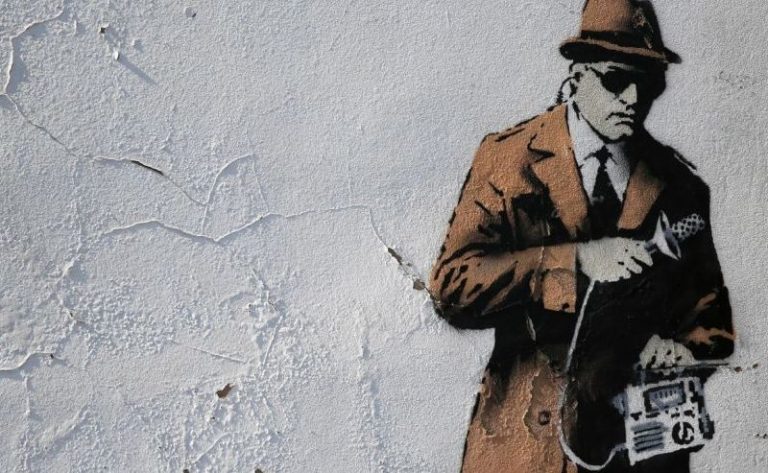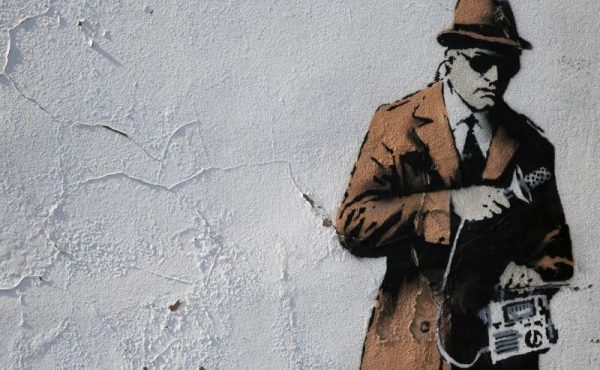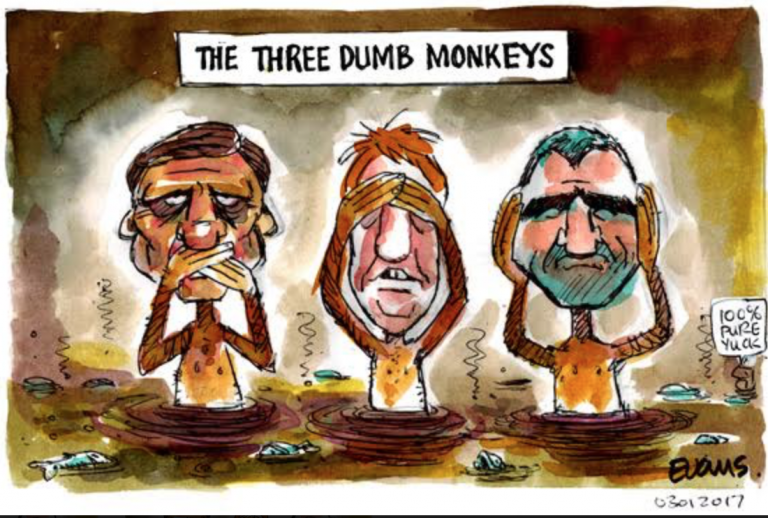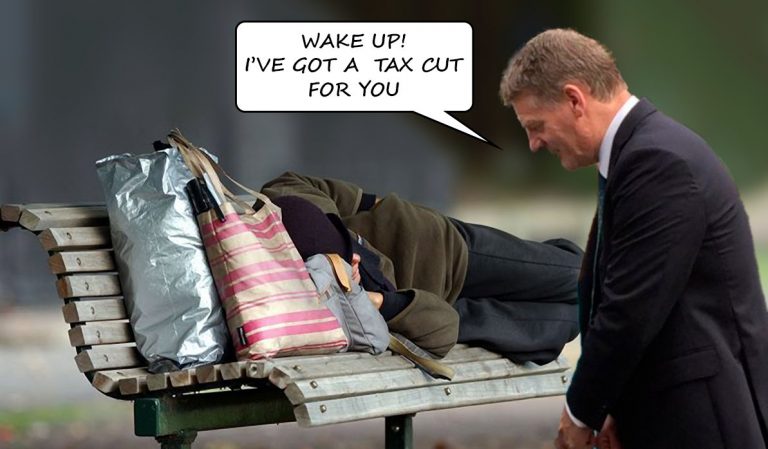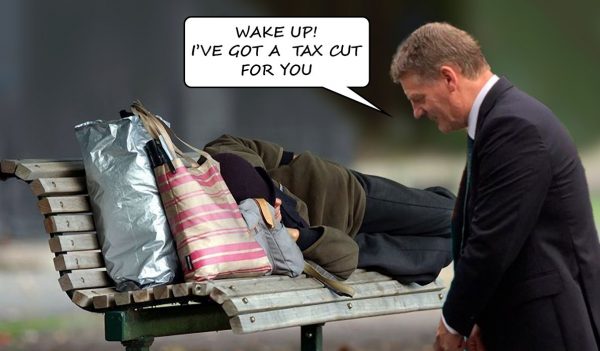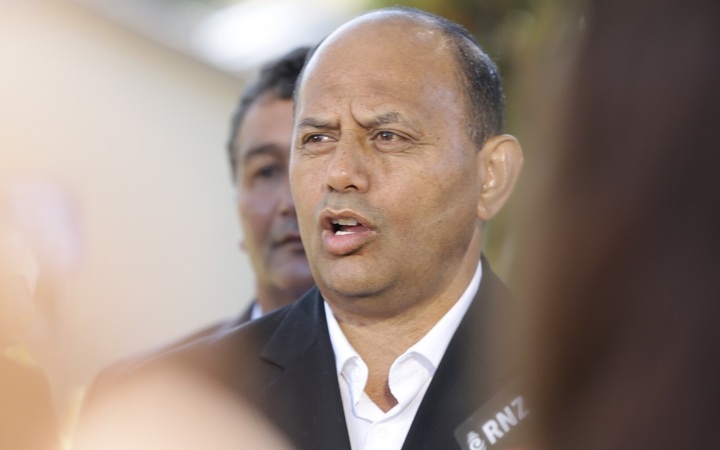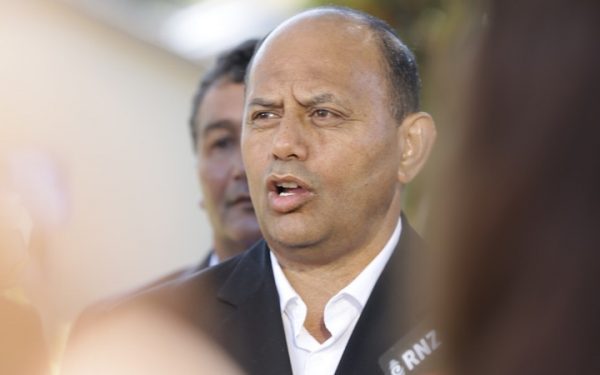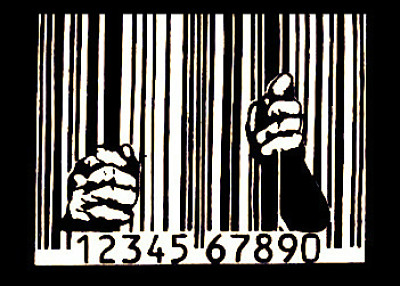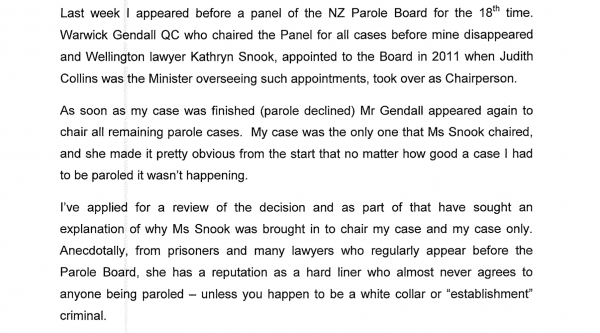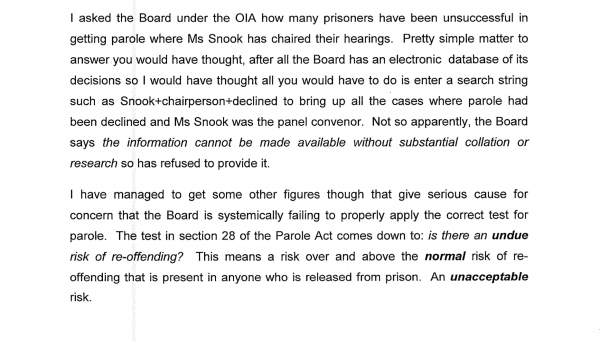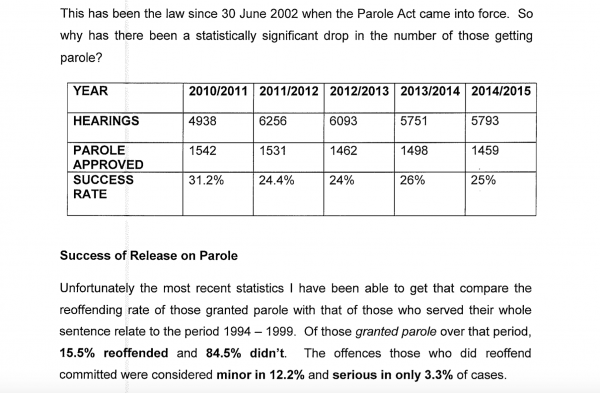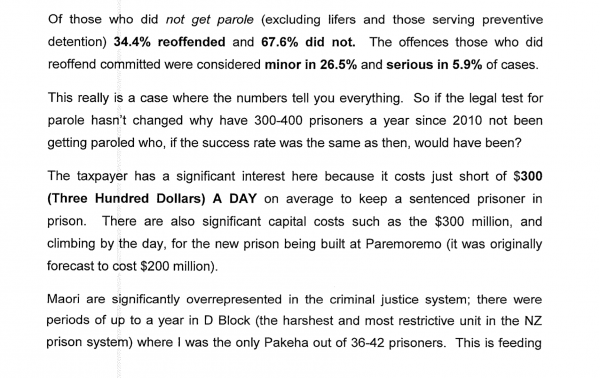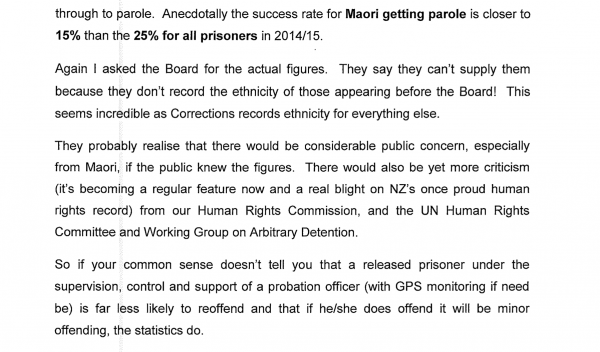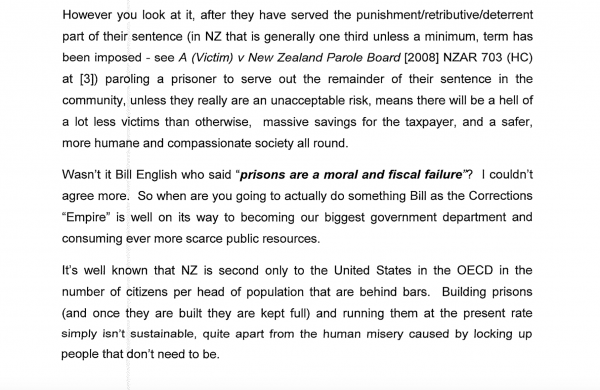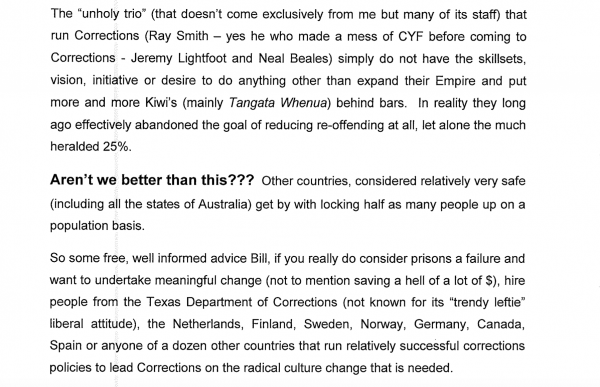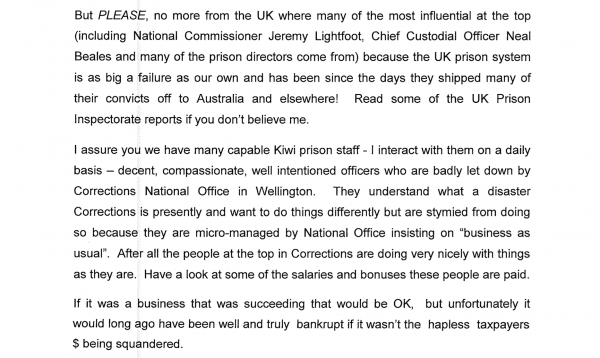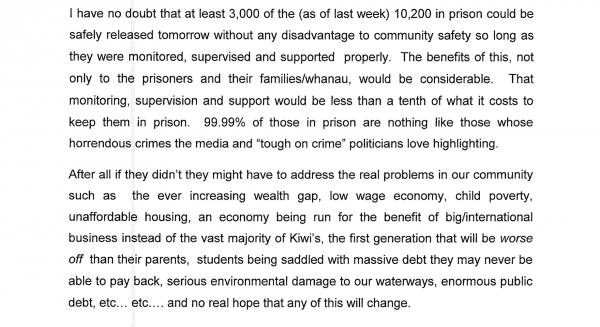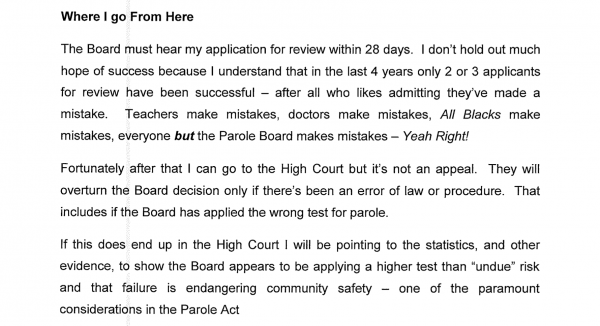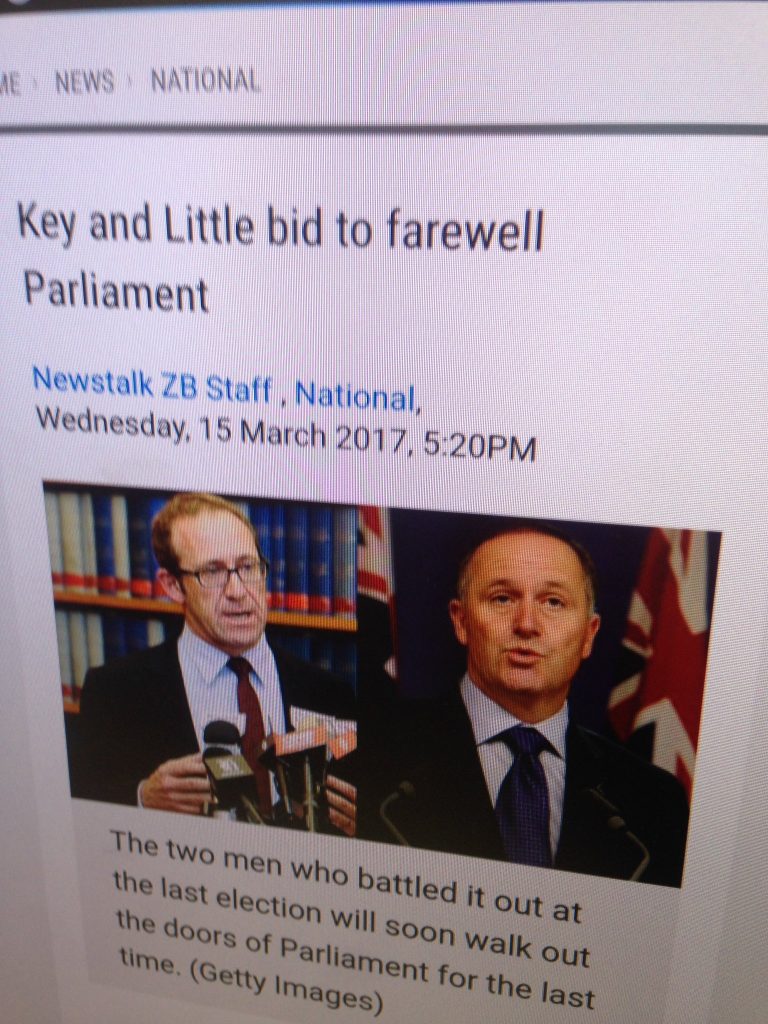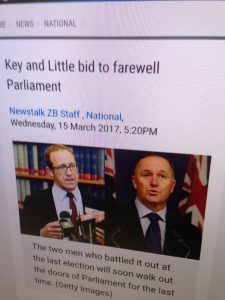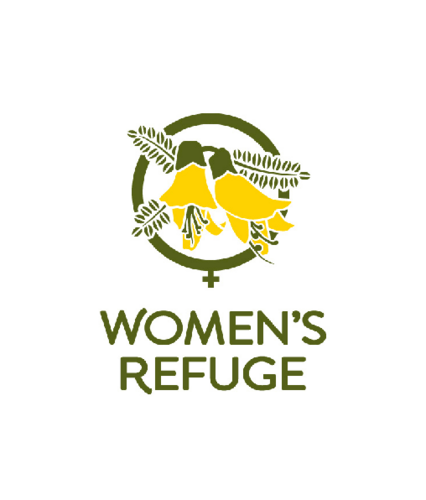
5: How Trump’s Vicious Budget Would Hurt Science, Poor People, and the Arts
The president’s first budget proposal eliminates programs aimed at fighting climate change, lifting people out of poverty, and supporting diplomacy.
During his presidential campaign, Donald Trump promised to rebuild an America that had allegedly atrophied under a disastrous Obama administration. Trump was a political neophyte but could make big, vague, shiny promises like an old pro: The border wall would be built, and Mexico would pay for it. America would be great again. The military would win again. On Thursday, in his administration’s budget proposal, Trump showed the country what all of that might look like, and it isn’t pretty—making America great apparently involves massive cuts to the arts and sciences, the State Department, the Environmental Protection Agency (EPA), and other popular programs. In exchange, Trump is proposing a whopping $54 billion increase in defense funding, $4.4 billion more for the Department of Veterans Affairs, and $2.8 billion more for the Department of Homeland Security (DHS), $2.6 billion of which goes toward funding that southern border wall.
Vice News
4: Who is really paying for Donald Trump’s border wall?
Tijuana, Mexico/San Diego, United States – Former Mexican President Vicente Fox made international headlines when he tweeted to US President Donald Trump, “Mexico is not going to pay for that f****** wall.”
But beyond the sensationalism over who’s going to foot the bill for Trump’s project – reportedly set to cost as much as $21.6bn, local businesses say they are already paying dearly.
On the Mexican side, shops usually crowded with tourists are empty.
Aljazeera
3: PROSECUTORS ALLEGE DUBIOUS ISIS-NAZI CONNECTION IN TERROR STING CASE
FEDERAL PROSECUTORS WHO brought terror charges last year against a Virginia man — for buying gift cards for an FBI informant — argued in court last week that Nazi memorabilia found in the man’s apartment was relevant to the case because ISIS and the Nazis share “a similarity in ideology”.
According to a transcript of the hearing, Assistant U.S. Attorney Gordon Kromberg said that the defendant, Nicholas Young, was interested in ISIS and Nazism simultaneously. And as an example of historical Muslim-Nazi cooperation, Kromberg noted that Young, on Facebook, had “liked” Mufti Mohammad Amin al-Husayni, a Palestinian nationalist who supported Adolf Hitler. Last year Israeli Prime Minister Benjamin Netanyahu caused an uproar by claiming that al-Husayni inspired the Nazi Holocaust, an allegation that was widely denounced as untrue by historians.
The Intercept
2: In Stinging Blow to President, Hawaii & Maryland Judges Block Trump’s Second Muslim Ban
On Wednesday, only hours before the Trump administration’s new travel ban was set to go into effect, a federal judge in Hawaii issued a nationwide halt to the executive order, which would have temporarily suspended refugees and people from six majority-Muslim nations from entering the United States. This morning, a federal judge in Maryland also blocked part of the travel ban, dealing a second legal blow to the Trump’s executive order. For more, we speak with Lee Gelernt, an ACLU attorney who presented the first challenge to the executive order on immigration. His argument resulted in a nationwide injunction.
Democracy Now
1: Senate intelligence chiefs of both parties reject Trump wiretapping claim
The Republican and Democratic leaders of the Senate intelligence committee have rubbished Donald Trump’s incendiary claim that Barack Obama placed Trump Tower under surveillance.
“Based on the information available to us, we see no indications that Trump Tower was the subject of surveillance by any element of the United States government either before or after Election Day 2016,” the Republican Richard Burr of North Carolina and the Democrat Mark Warner of Virginia said in a joint statement on Thursday.
The Guardian





